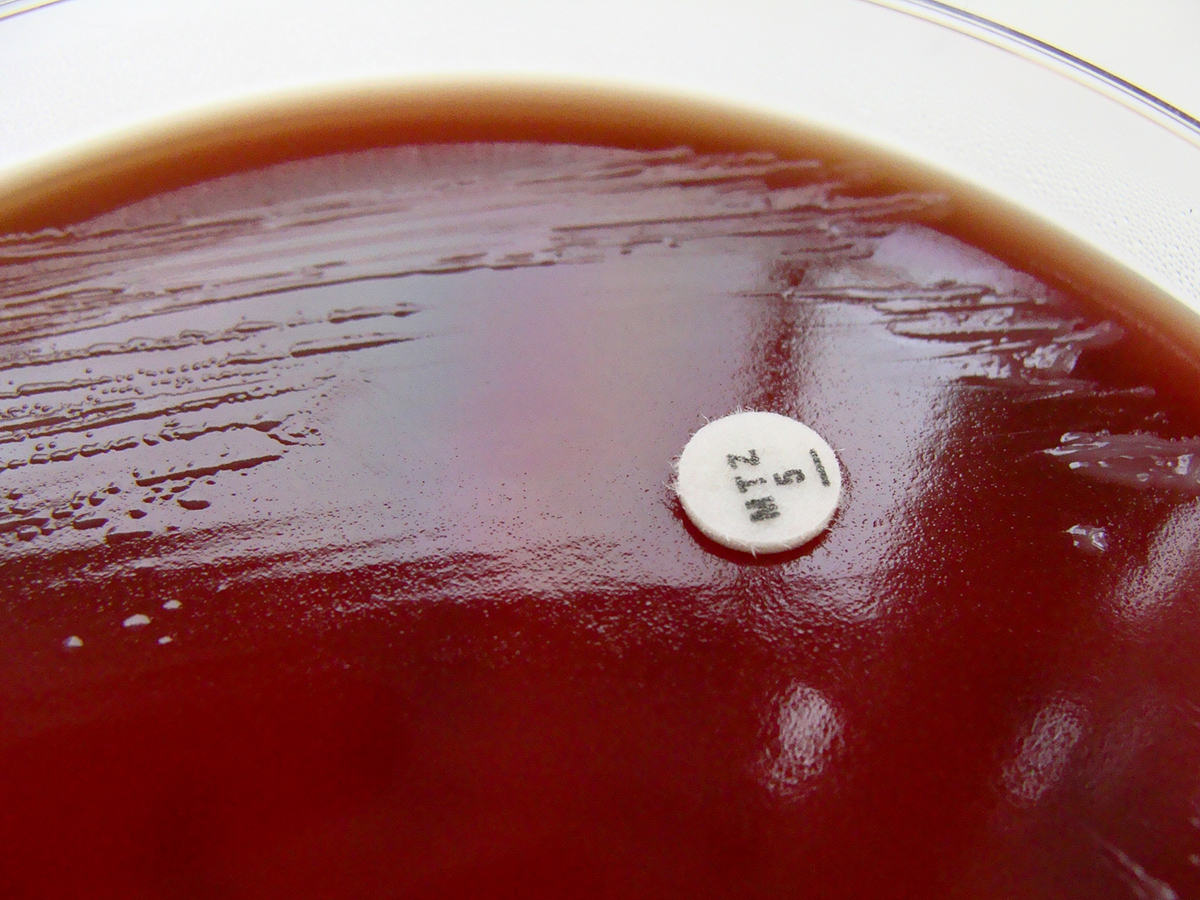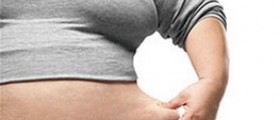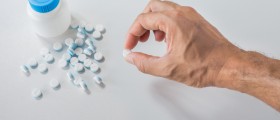
Usage
Pylera is a medication which is used in the treatment for stomach ulcer. It is important to follow the instructions given from your doctor because you may increase the risk of side effects. You should avoid drinking alcohol during the treatment with Pylera and at least a day after. Milk, yoghurt, various milk-based products, food supplements and vitamins may affect the absorption of Pylera. Do not take any medications on your own while taking Pylera. Inform your doctor about any disorders you have because Pylera it may worsen your condition. Such disorders include liver or kidney problems, epilepsy or problems with nerves. If you are pregnant or you are breastfeeding, inform your doctor about it because Pylera may be harmful for the baby. Pylera can cause bone and teeth damage to the baby and it is not recommended for children. It can also affect the birth control pills, in a way that they lose their effectiveness.Allergic Reaction
Allergic reactions to Pylera are similar to those of any medication. Such reactions include skin irritation, rash, tingling and itchiness, breathing difficulties, tension in the chest, and swelling of the throat, tongue, lips or face.Common and Mild Side Effects
Every medication has a number of side effect, and so does Pylera. The most common side effects of Pylera include pain in the stomach, sickness, vomiting, appetite loss, fatigue, headache, faintness, constipation, diarrhea, unpleasant taste in the mouth and changes in color of the tongue. Some of the side effects are not considered to be dangerous, such as upset stomach, mild headache, sickness, sores in the mouth, changes in taste and vaginal discharge. Notify your doctor about any changes that you experienced, so he/she can change the treatment or adjust the dose of Pylera.Severe Side Effects
In case of severe side effects, inform your doctor about them as soon as possible. Severe side effects of Pylera include persistent sores in the mouth, blood in the stool, unusual pale color of the stool, problems with urination, vision impairment, numbness in the arms or legs, pain in the stomach, pain in the abdomen, severe headache, problems with speaking or swallowing, faintness, heavy vaginal discharge, discoloration of the teeth, irregular pulse, heartburn, bruising, bleedings, seizures, ringing sound in the ears, jaundice, fever and pain in the throat. You may also experience some mood and behavior changes such as depression or anxiety. You may develop skin disorders, such as redness of the skin, blisters, itchiness and peeling.
















Your thoughts on this
Loading...